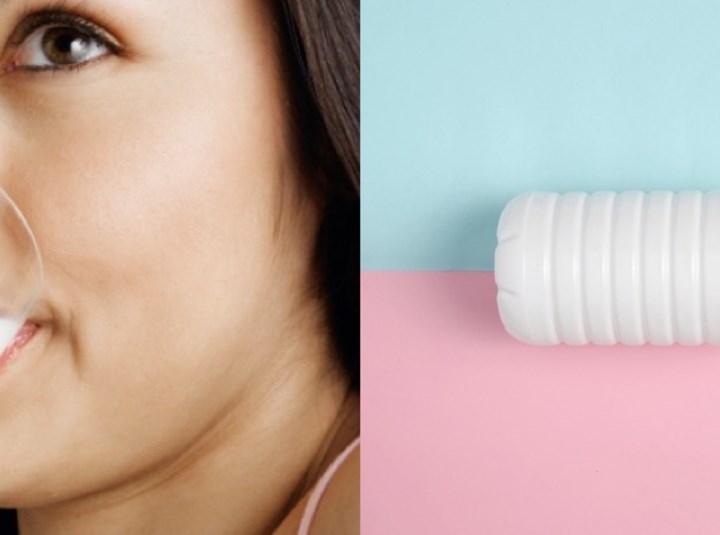Additives: Unusual Organic-Based Light Blocking Additive for PET Dairy Packaging
Avient’s latest Color Matrix Lactra light blocking additive concentrate meets TiO2 restrictions.
What appears to be a novel light blocking additive technology for PET dairy packaging, is the latest addition to the existing portfolio of ColorMatrix Lactra light blocking additive concentrates from Avient Corp., Avon Lake, Ohio. This non-inorganic technology helps customers’ packaging products to comply with new titanium dioxide (TiO2) restrictions in Europe under the EU Waste Framework Directive 2008/98/EC, and without compromising performance. Avient sources confirm that while the methodology for the technology is known in the industry, the organic material used in Lactra is new and Avient has applied for a patent.

The development was spurred by the increased scrutiny for the potential effects that mineral fillers used in white opaque PET bottles can have on the recycle stream used to create fiber. This latest Lactra technology reportedly offers brand owners and PET packaging converters the ability to achieve over 99.9 percent light blocking in monolayer PET, with high levels of whiteness (L* of up to 94) but with less than 1% TiO2 and less than 4% percent inorganic content. The technology is also available in TiO2 free versions.
Complete with food contact approvals for the European Union and FDA, this new Lactra additive is compatible with the PET recycle stream for fibers, sheet, and strapping. Testing also shows that in established opaque white PET recycle streams, Lactra products are suitable for closed loop bottle-to-bottle recycling. It is commercially available in major regions around the world.
Related Content
-
Novel System Produces Color on Demand
Ampacet’s FluxQF technology features a quick-dispersion universal carrier with novel machinery that provides automated color blending in quantities down to 50 lb.
-
Riverdale Global Showing Latest Innovations and New Satellite Location in Wisconsin
NPE 2024: Live demos of updated RGS controller are among the highlights at its Wisconsin facility that will house the ‘new’ color R&D lab.
-
How to Start a Hot-Runner Mold That Has No Tip Insulators
Here's a method to assist with efficient dark-to-light color changes on hot-runner systems that are hot-tipped.











